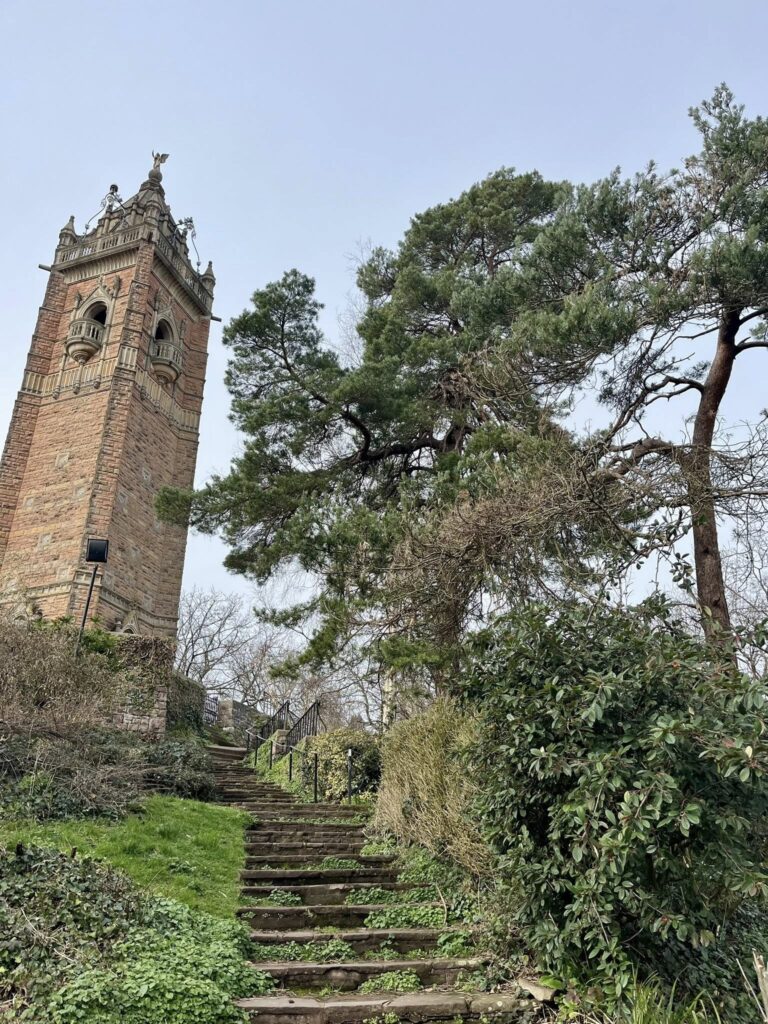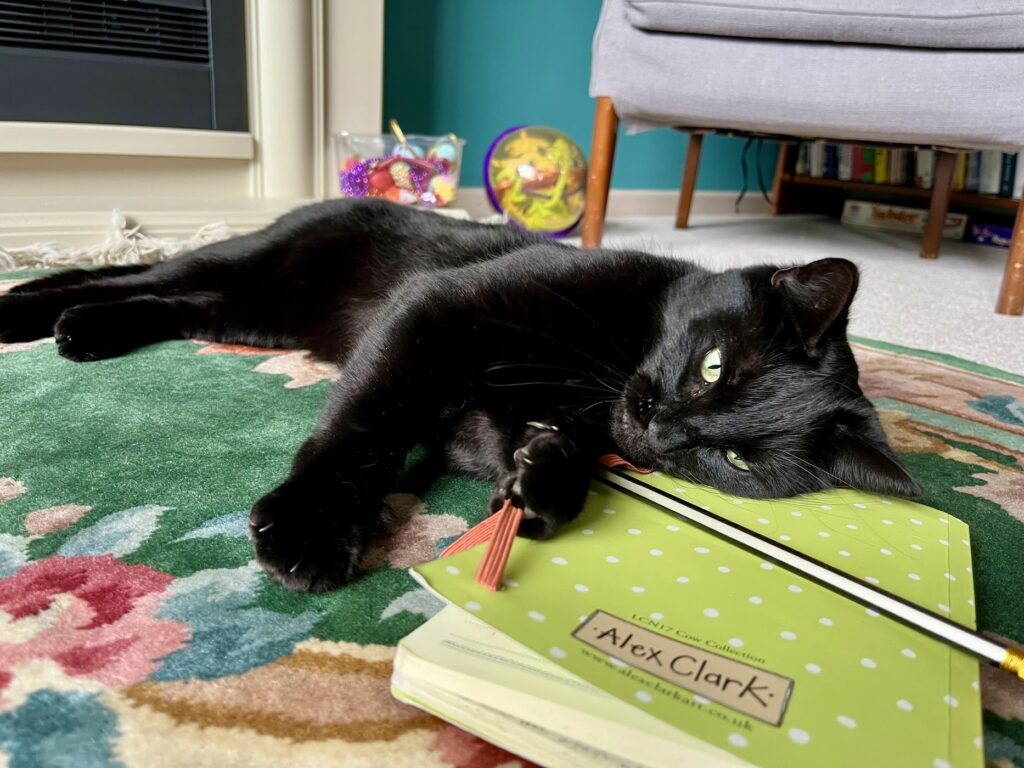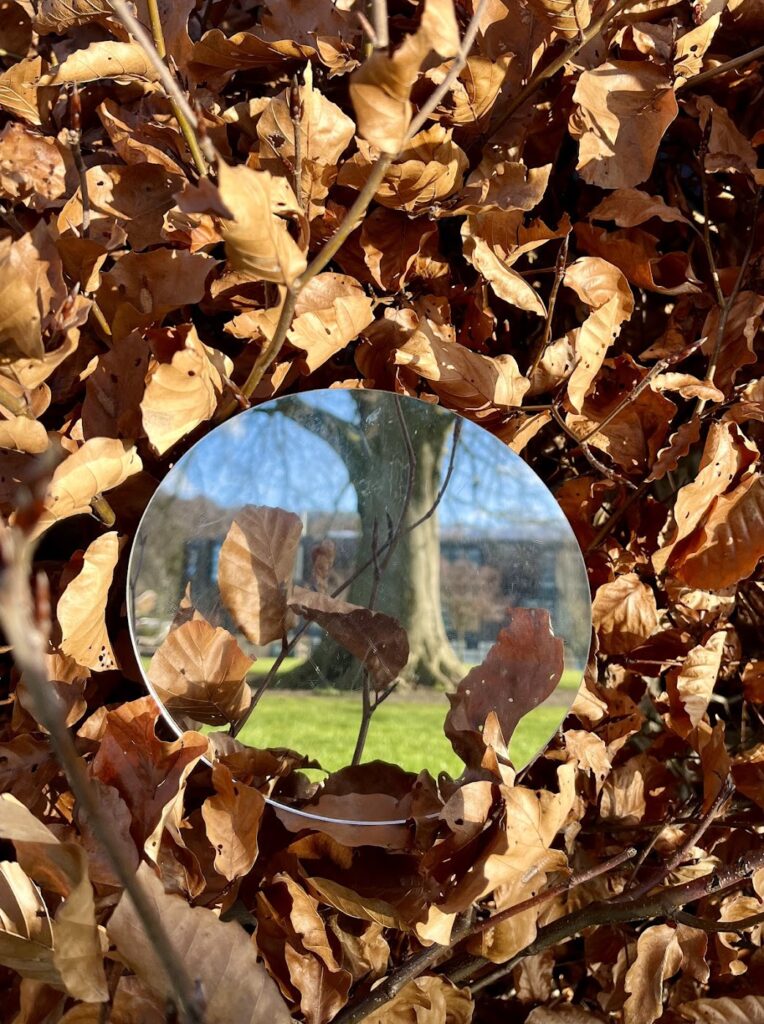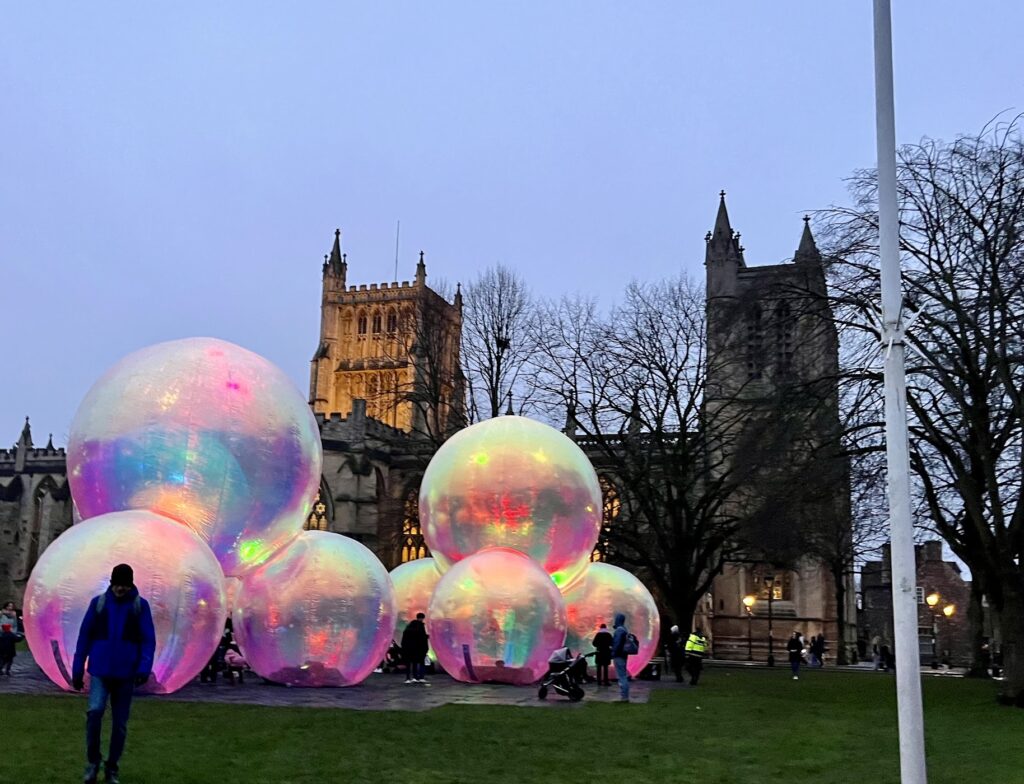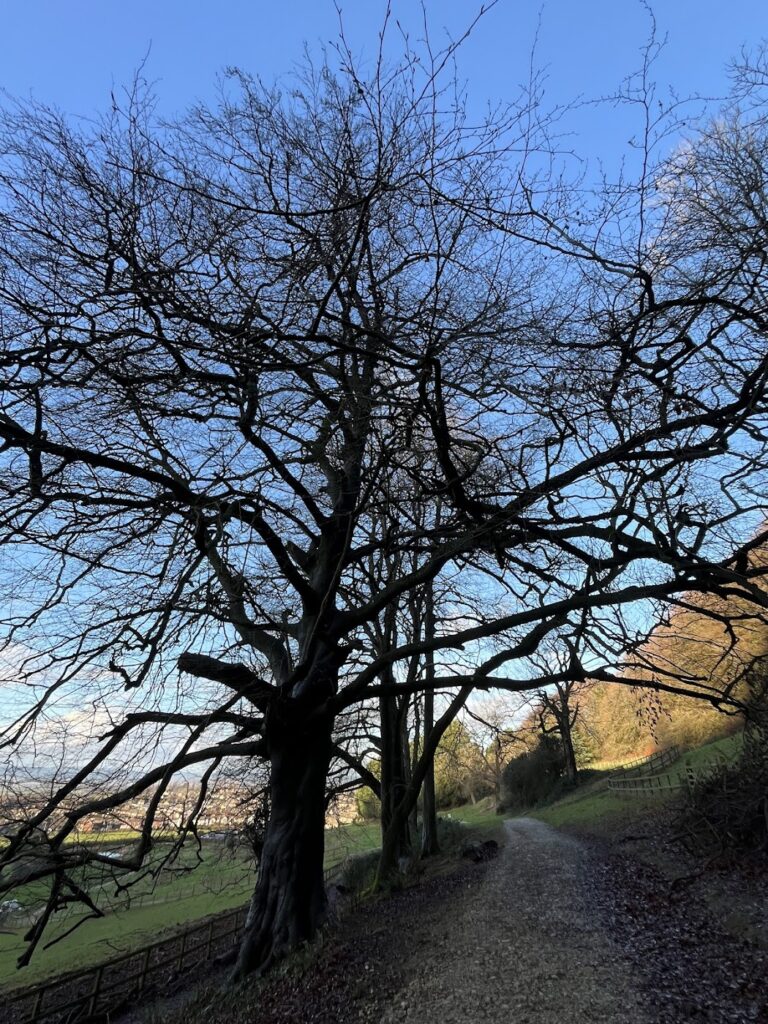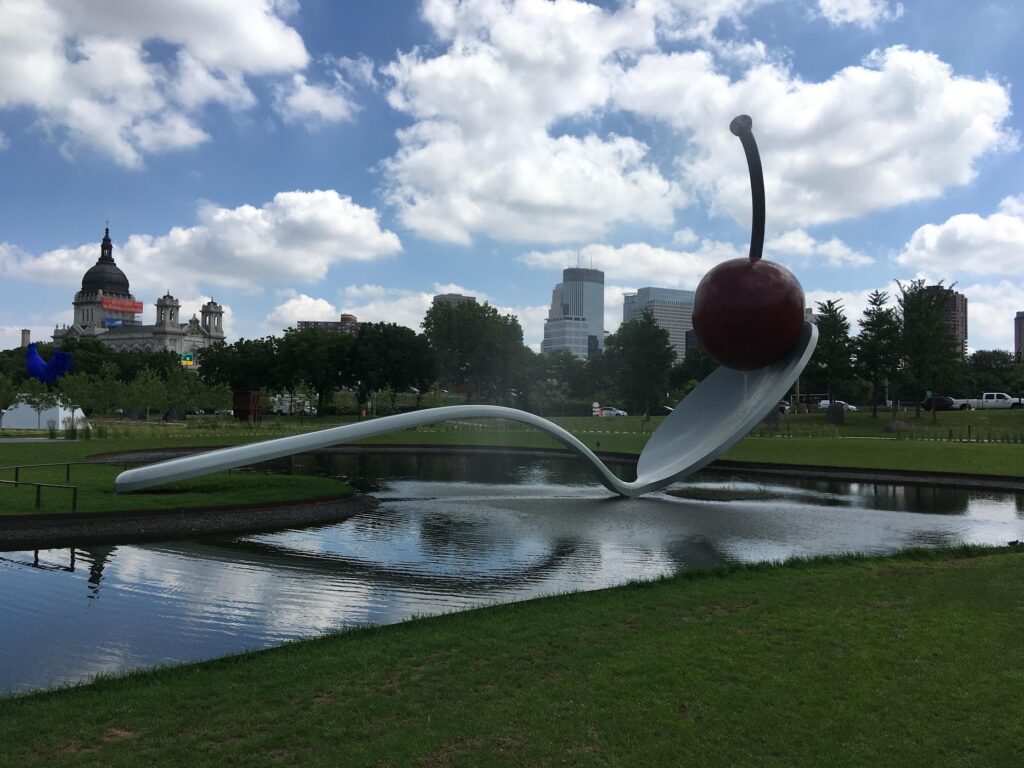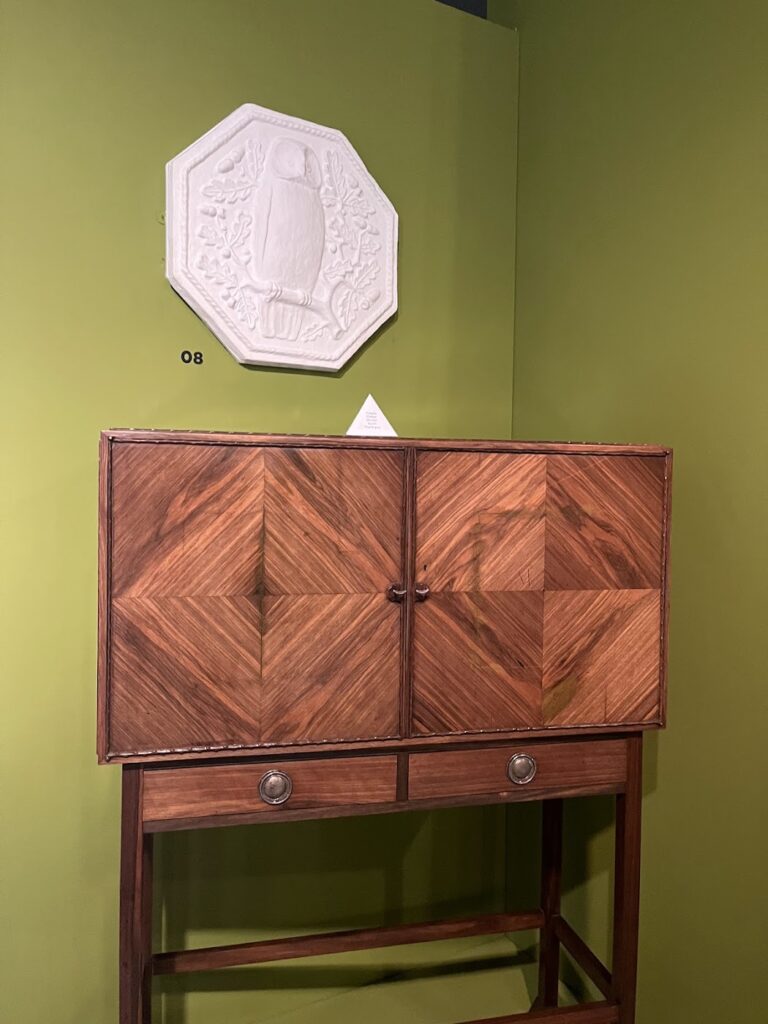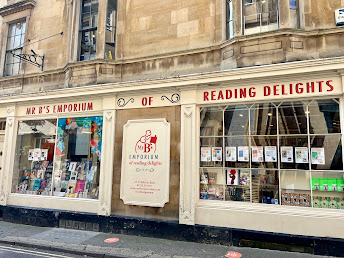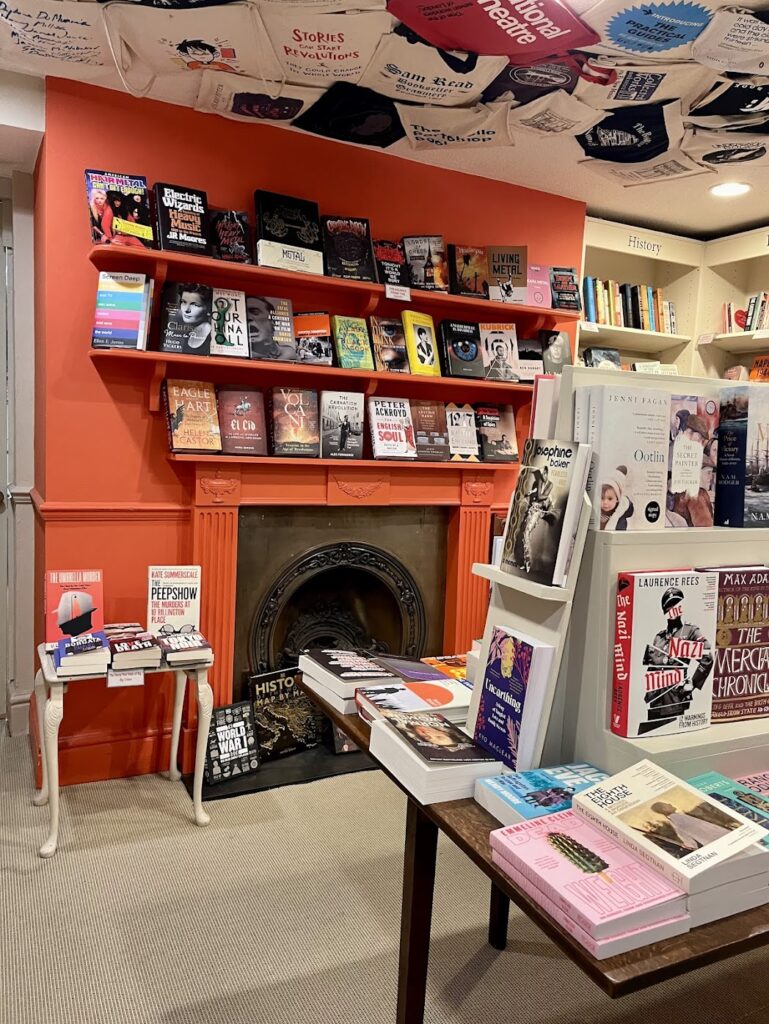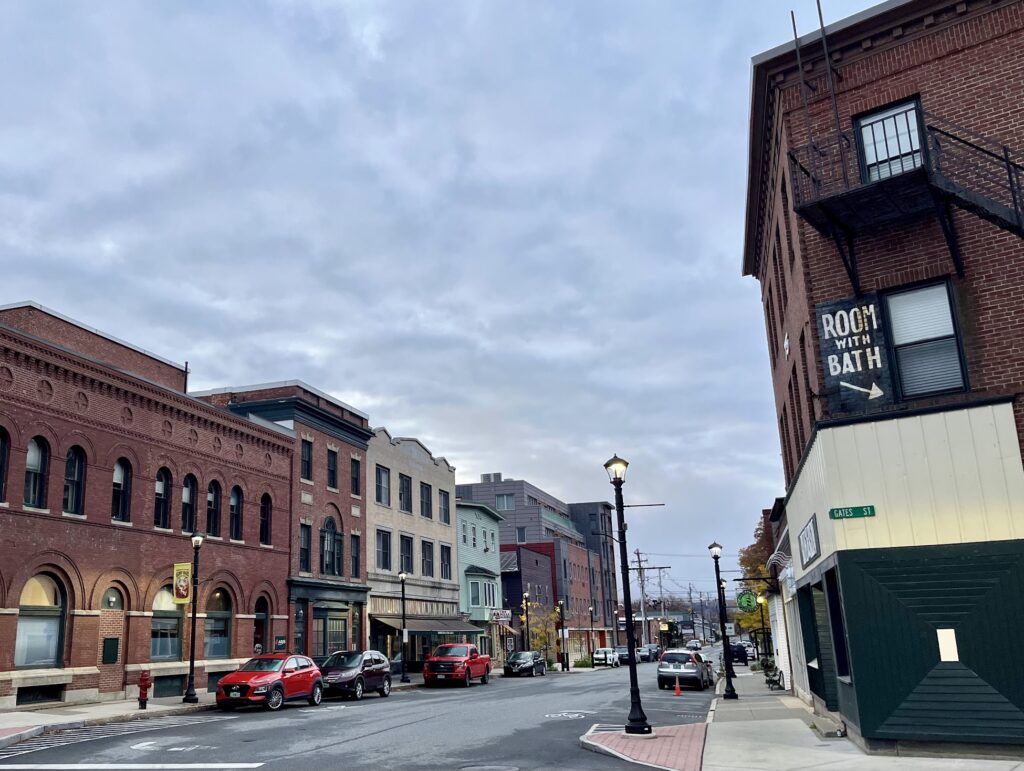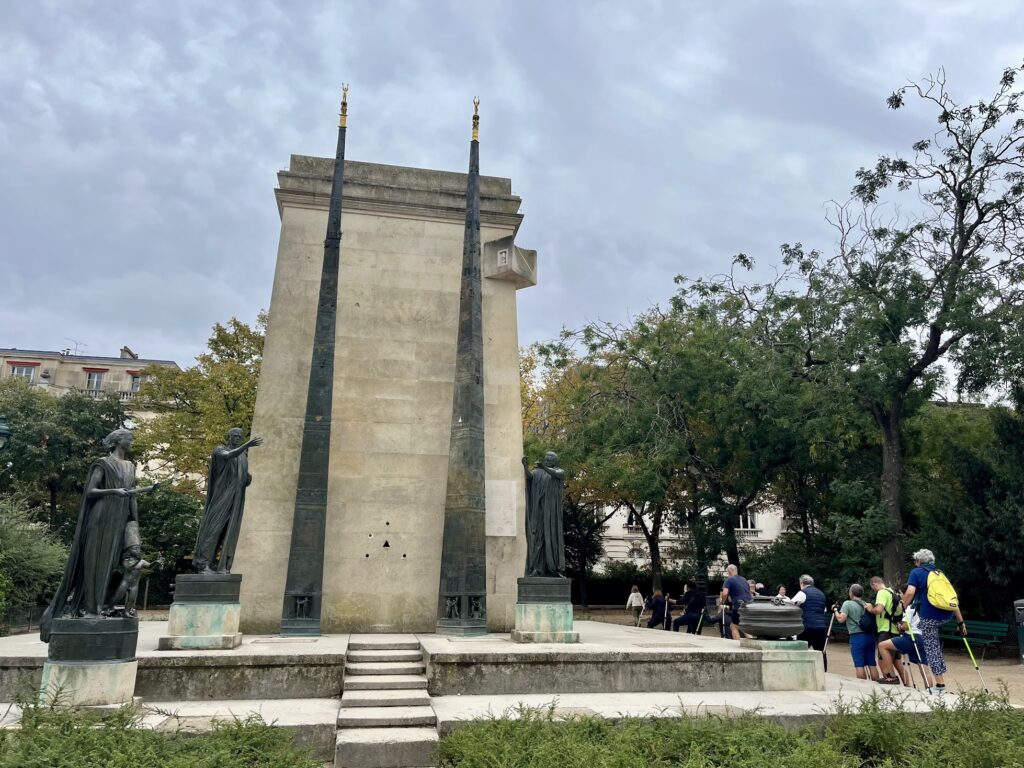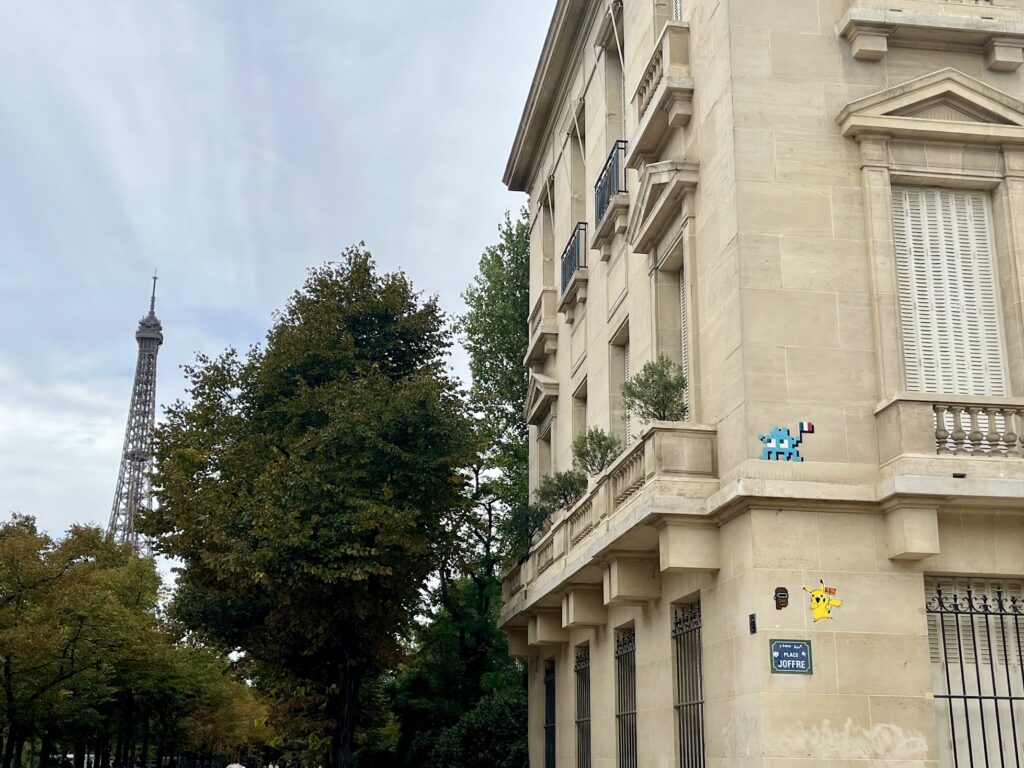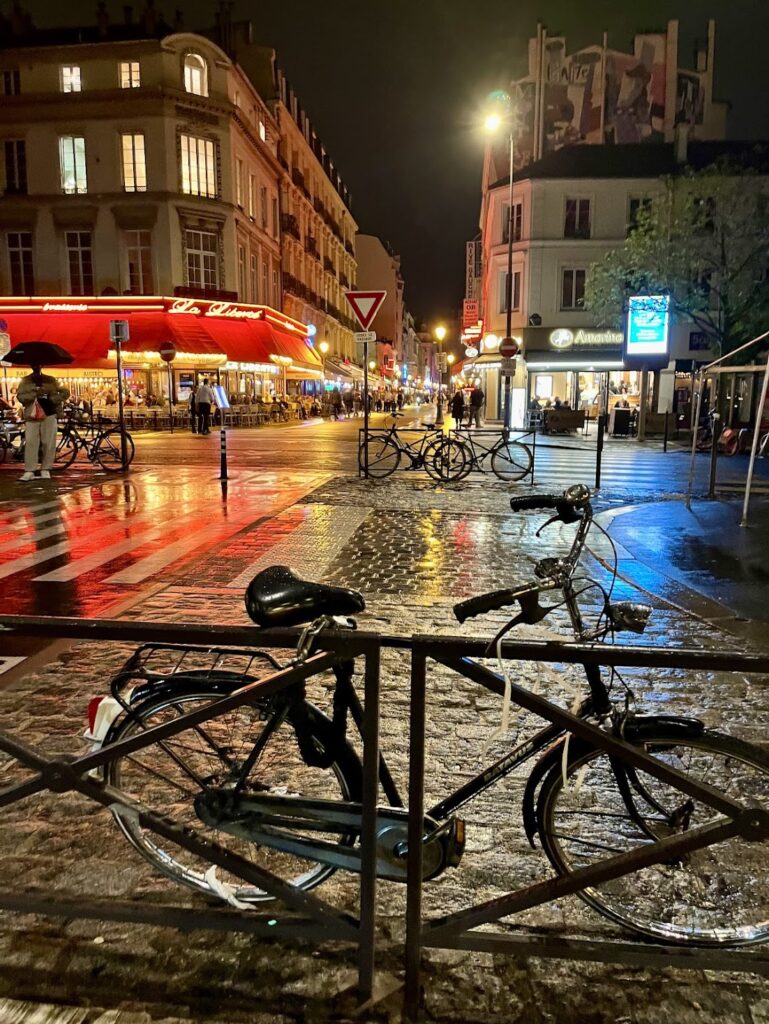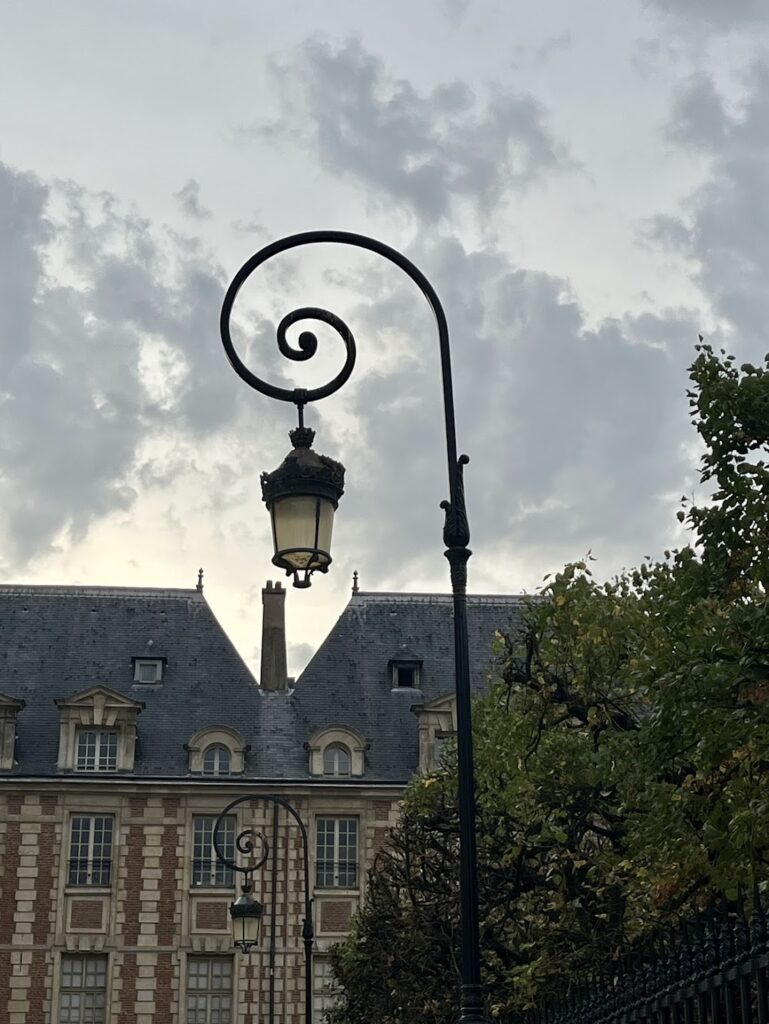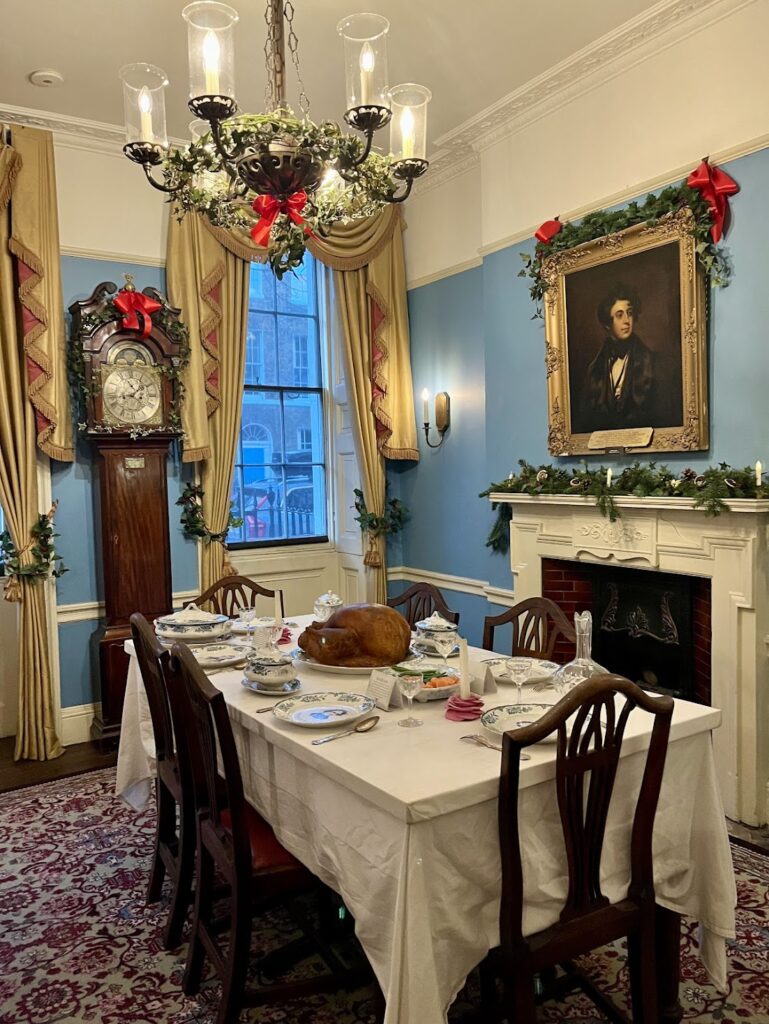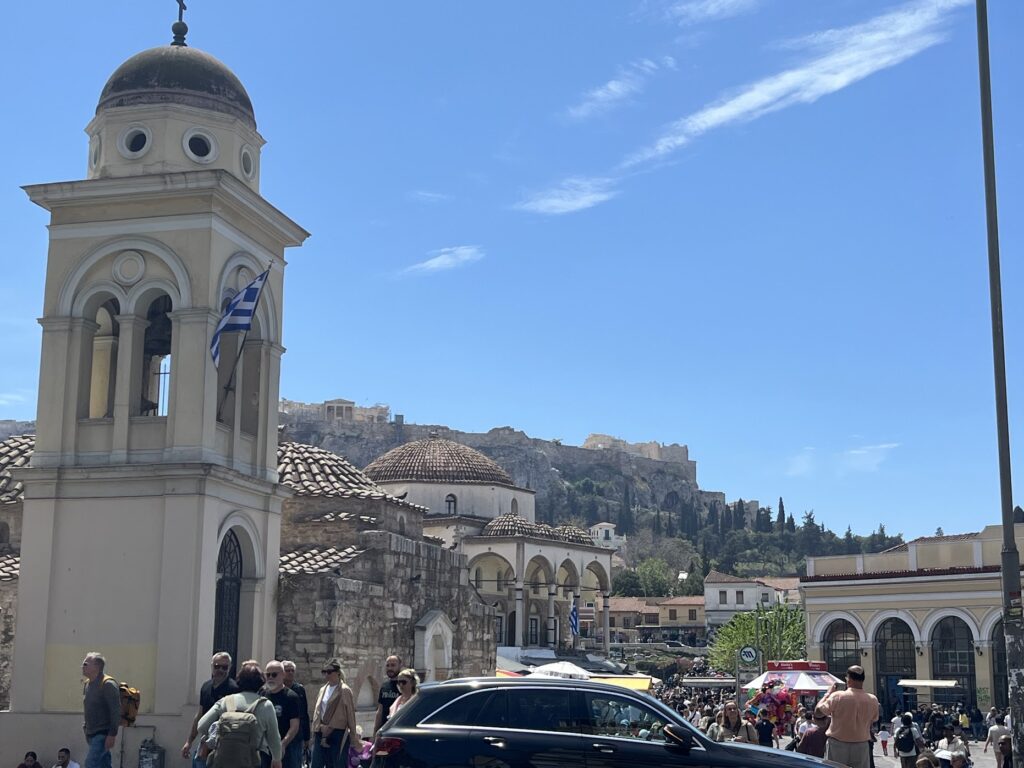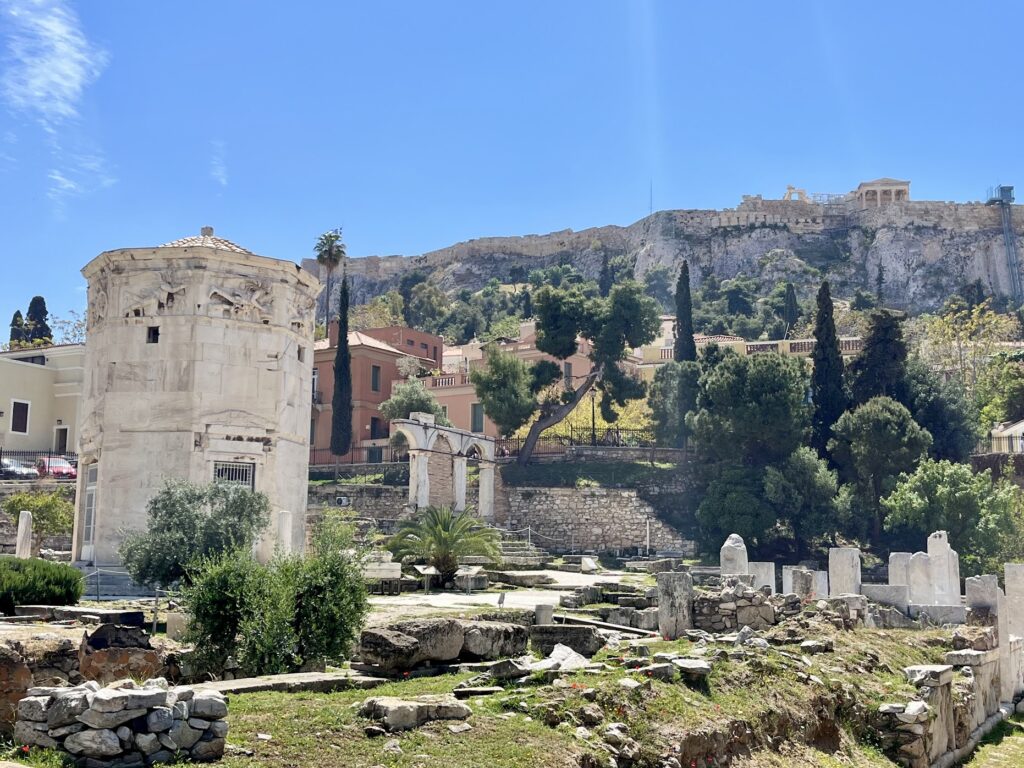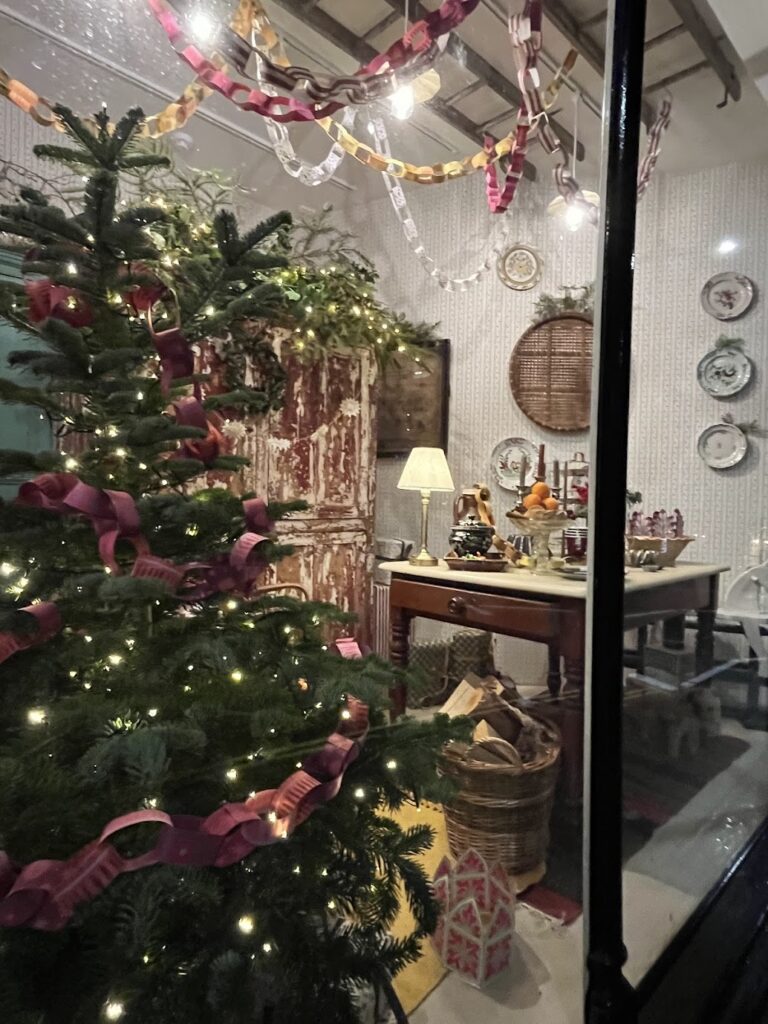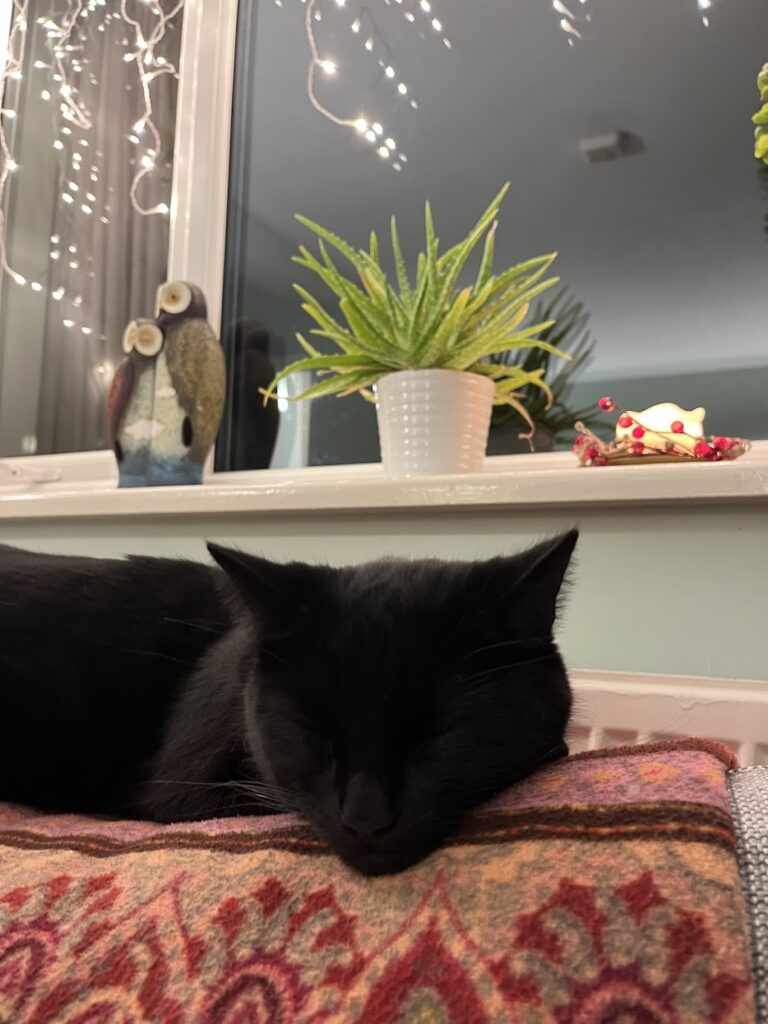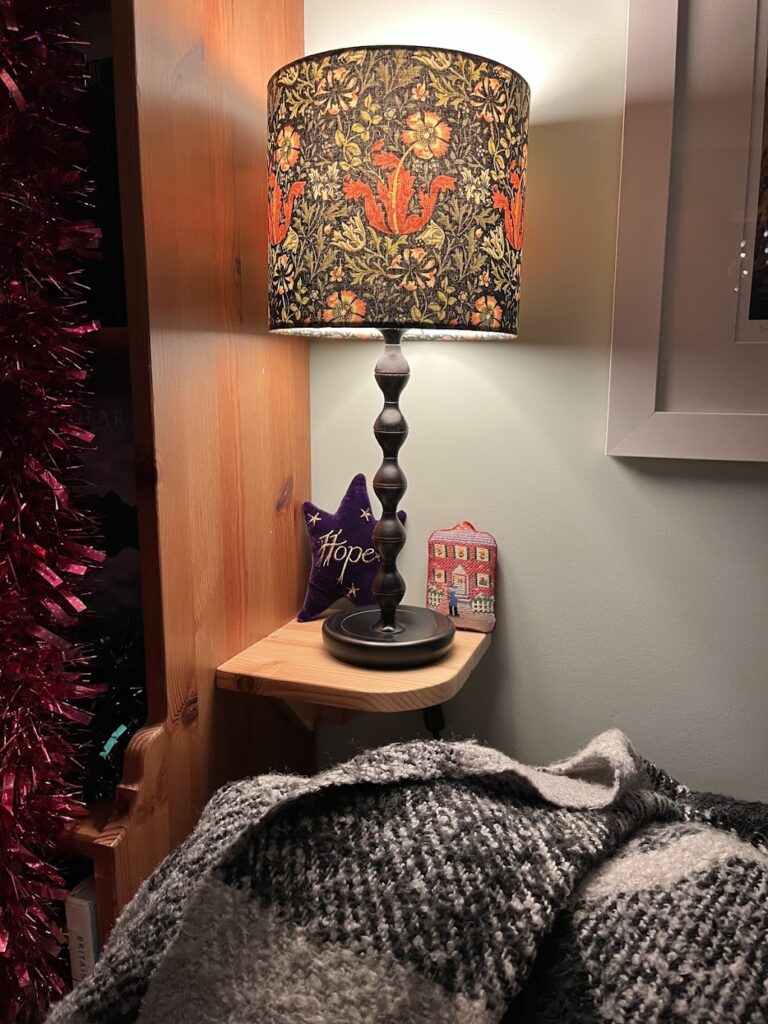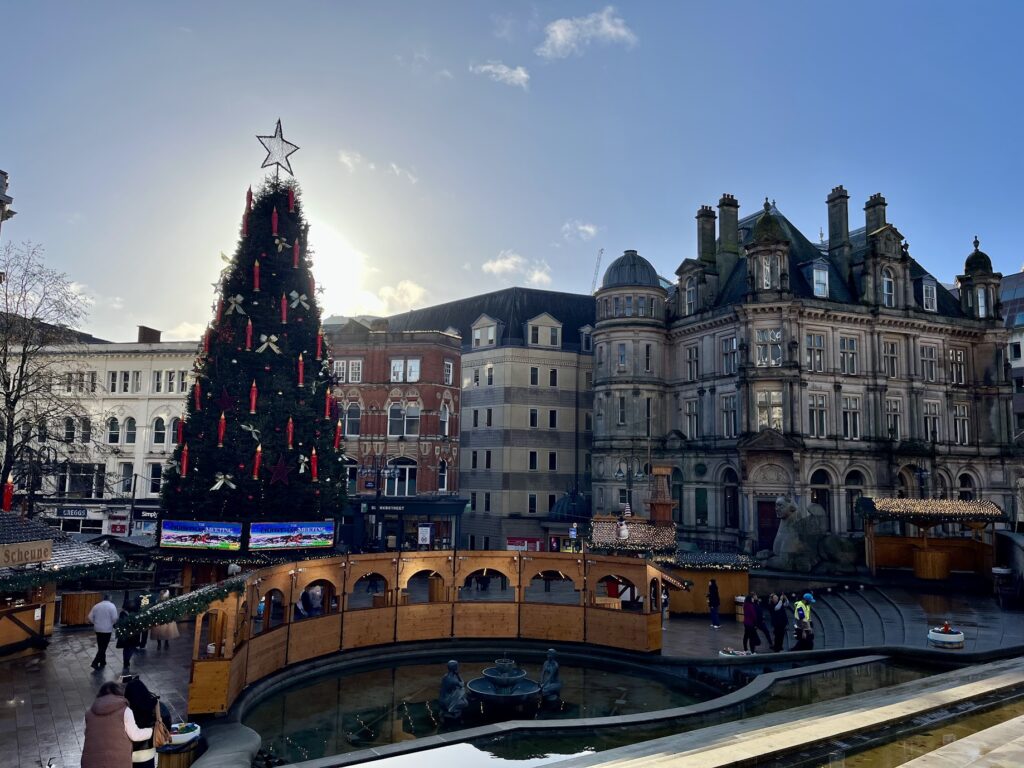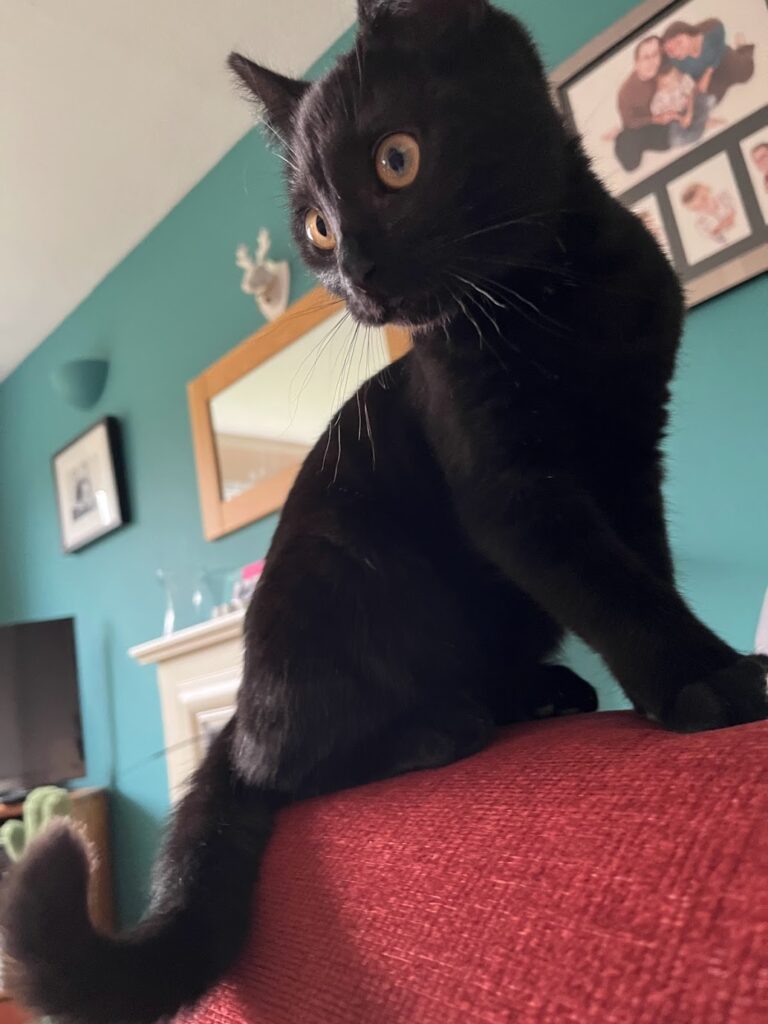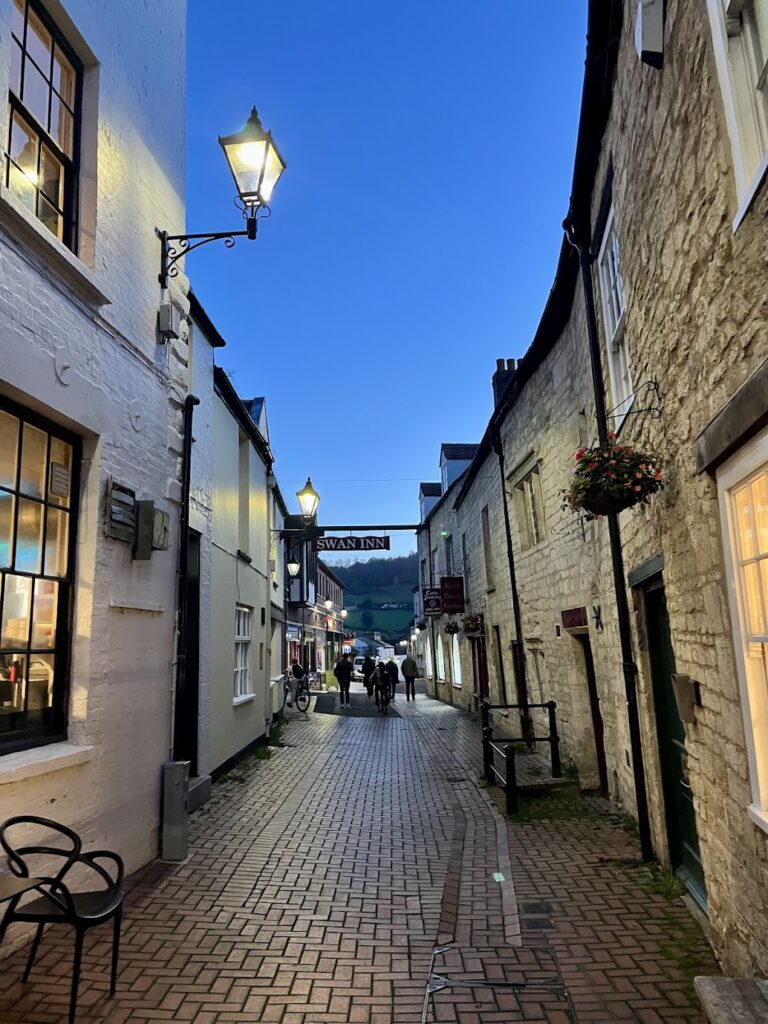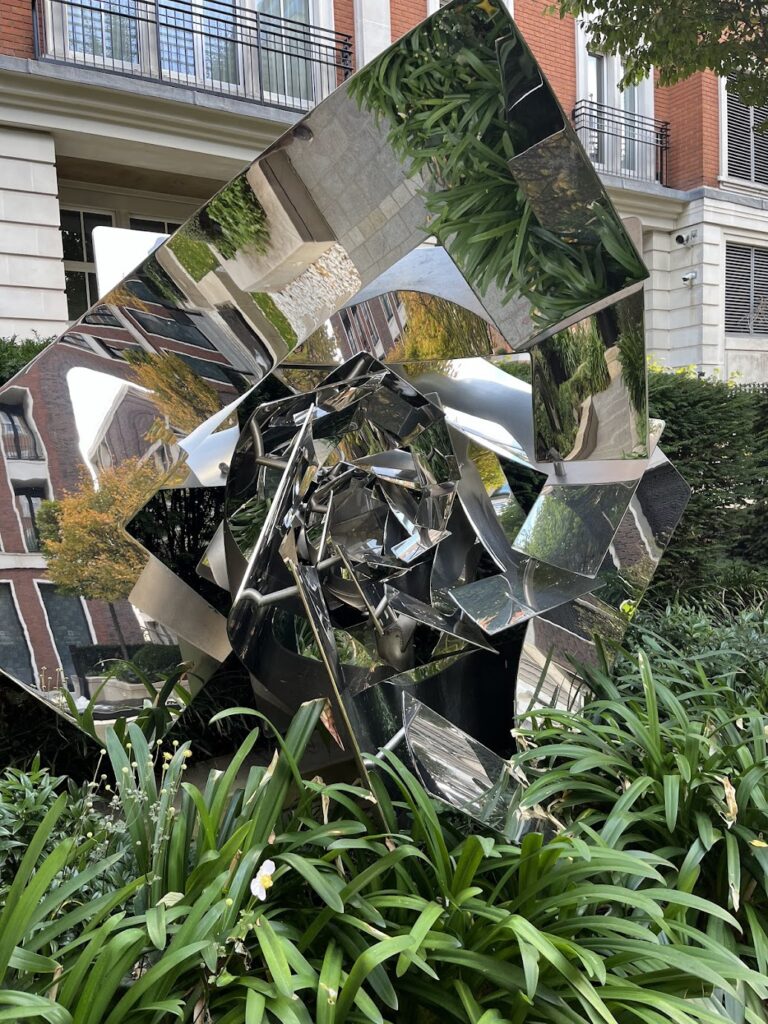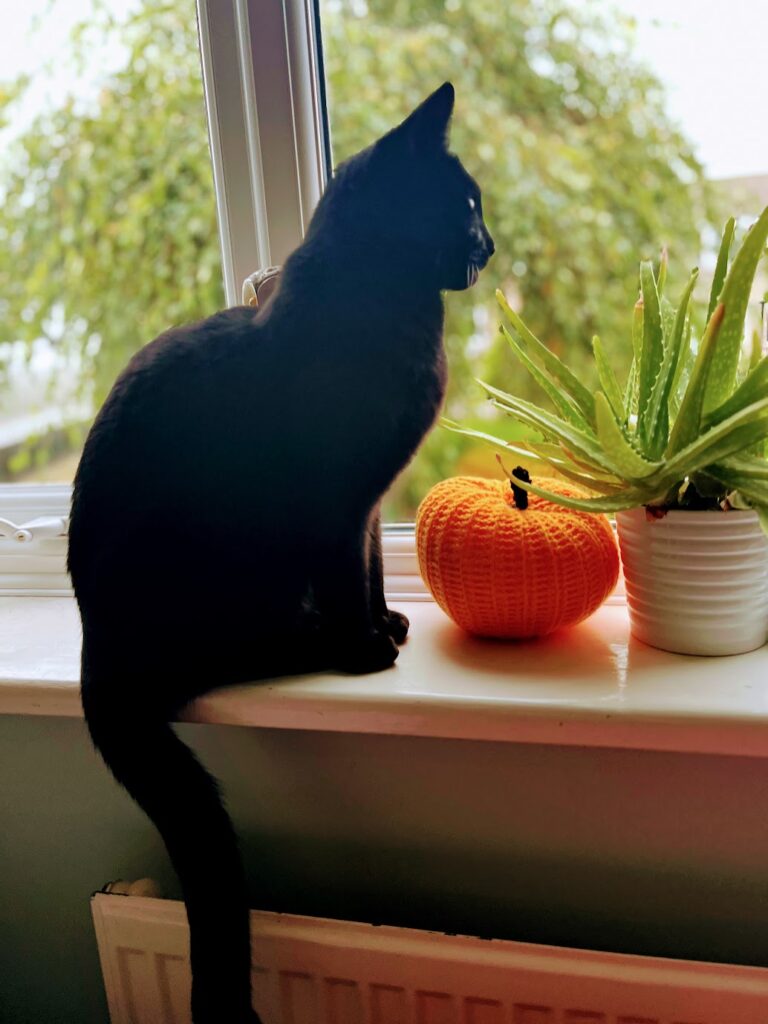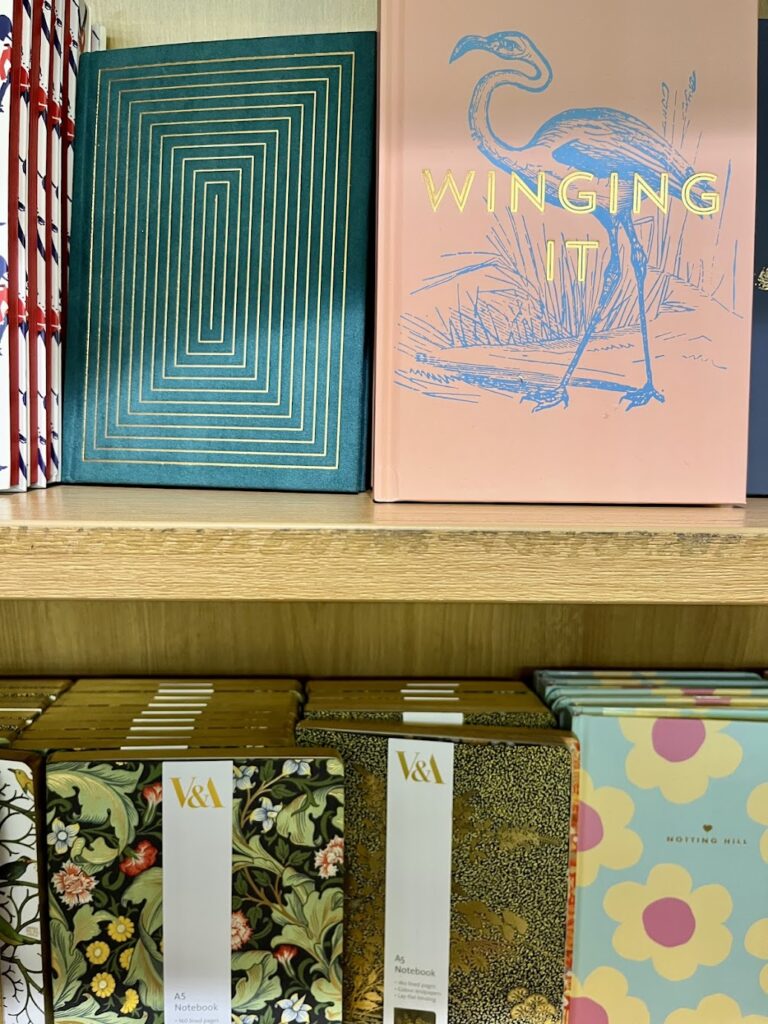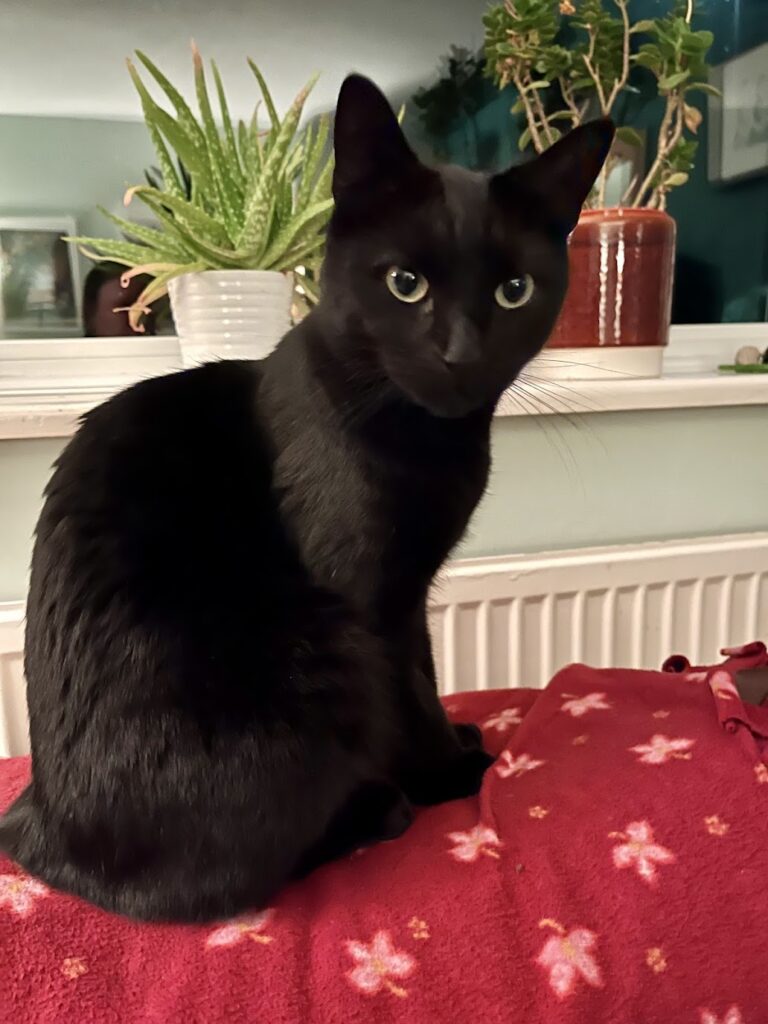This Week’s Bit of String: First fireworks
When my little Bear was 2.5 years old, my best friend and I took them to the 4th of July fireworks in the biggest local town. The Outing Club rocketed the fireworks from their ski slope over the surrounding valley, and we were running late as ever so were just trotting down the opposite hill when they started.
The colourful explosions put a skip into Bear’s step. They cried, “Wow! Oh, wow!”
I don’t think I’d ever heard them say that before. Such excitement is to be cherished and never forgotten, and fully warrants the nearly-taboo exclamation points.
Like the time after school once, a few years later when we were settled in the UK. Bear and I were walking back from town, they were maybe 6 years old, and a harvest moon rose, big and yellow. Bear stopped in the middle of recounting some kind of ds game or Star Wars scene to me, and broke into applause for the glorious natural phenomenon.
It’s so important to put ourselves in the way of moments that produce this type of reaction, even if it’s a daily event like the moonrise. We mustn’t lose our capacity to be impressed.
During half-term this week, I’ve mostly been working on writing and reading and weeding and cleaning. But I did abscond for a day and take the train to Bristol for a good wander. I climbed Brandon Hill and Cabot Tower to look out over the city, had a roasted white hot chocolate from Mrs. Potts chocolate house, and mooched around Bristol Museum and Art Gallery. Plenty of Wow Factor there, from Assyrian tablets to ichthyosaur bones to all kinds of crystals and then more paintings and artefacts.
I could have stood for ages in front of James Tissot’s oil painting Les Adiuex (The Farewells) from 1871. The detail of the woman’s lace gloves! The clasped hands and the faces agonised by separation. But, there were other gallery visitors and it’s only fair they should see the painting as well.
Vacationing
When I was out and about in Bristol, there were lots of families trying to keep entertained there. Two siblings behind me on the train really liked the Arriva Train Care centre near Temple Meads station, with its sidings flanked by giant car wash brushes.
“That is so cool,” they kept saying.
And as I wandered at Bristol Harbour, I heard excited young people mistake the boats for the Titanic. At Millennium Square a boy on a scooter, maybe already in the early years of secondary school, freely told his friend, “I love these fountains.”
I’d almost forgotten what it’s like to hear kids enjoy themselves. At work we’re becoming pretty rundown. The students are so unmotivated and in a few cases, unpleasant. That said, my experience is mostly within the special needs area. Many of our students truly struggle, and exams ask almost too much from them.
Other students will experience school differently. On the last day before the break, quite a few of our statemented kids were out (there’s one boy in Year 10 who is marked “ill” on the last day of every single term—intriguing, no?) so I ended up in a top-set year 10 English class.
They were reviewing GCSE war poems they first learned last year, so I took a small group to go over “Kamikaze” by Beatrice Garland. It tells the story of a Japanese pilot who was supposed to commit kamikaze. But he changes his mind, and goes home instead. He chooses life, and his family can never forgive him. His neighbours and his wife, ultimately his children, refuse to speak to him again because of this dishonour.
I read the poem to a group of 4 students I’d never met. The last lines go: “And sometimes, she said, he must have wondered/ which had been the better way to die.”
The boy next to me said, “Wow. That was really—wow. You know?”
Rejuvenation
It’s just nice to share that reaction sometimes.
Although I always have some kind of deadlines and a long to-do list, the half-term week off from my day job at school is lovely because I can do it all with a bit less rush. I can pretend that writing is my main work.
Sometimes, a lack of spare time can make us more productive. We are aware of our limits so we optimise any opportunity to write. A sudden extra helping of free time, as at half-term, might make us more reckless and we squander some of that time. There’s truth in that.
On the other hand, not being rushed can give us some creative freedom. I might enjoy writing more when I don’t have a million other chores hanging over my head, just as those poor kids on half-term can go out and enjoy themselves.
And maybe, when we all return to school tomorrow, those of us who sought and were privileged to find inspiration will have some new energy and tolerance so we can keep trying to pass it on. When I climbed Brandon Hill in Bristol, the views from the tower were pretty great, but so too were the crocuses close to the ground. It reminded me there’s excitement and beauty to be found all over—maybe we just need a little break.
What makes you say “Wow?”
